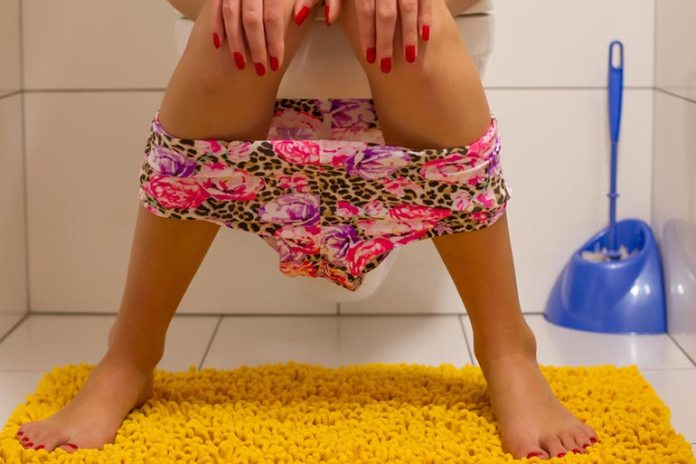The list of do’s and don’ts gets bigger as your pregnancy progresses. It is a known fact that your diet no longer remains the same when you have your little one growing inside you. The things you used to normally consume as a part of your routine diet have to be, sometimes, replaced with healthier options, such that they don’t cause any harm to you or your baby. Black tea is one of them.
Black tea is one of the highly caffeinated teas, made from the leaves of Camellia sinensis plant. Studies show that an 8-oz cup contains anywhere between 40–120 mg of caffeine depending on the brand you choose. So, is it safe to consume black tea during pregnancy?
Black Tea During Pregnancy: Safe Or Unsafe?
Up to 300 mg of caffeine consumption is considered as safe during pregnancy. That equates to 2–3, 8-oz cups. Thus, limiting yourself to 2–3 cups of black tea a day is generally regarded as safe. It is important to know that other foods like chocolate, cola, and coffee also contain caffeine in them. So calculating your caffeine intake per day considering the consumption of all these foods is necessary.
However, if your consumption exceeds this range, you might be putting yourself and the baby at various risks mentioned below.
1. Elevates The Risk Of Miscarriage And Birth Defects

Research indicates that women who drink more than 300 mg of caffeine per day are twice at a risk of having a miscarriage, compared to the women who do not consume any caffeine during pregnancy.
Various studies have been conducted on animals and results indicate a link between excess coffee consumption and fetal birth defects like spina bifida. This is because caffeine reduces the absorption of folic acid in the body, which is crucial for the fetal development. Some results also reveal the occurrence of low birth weight and preterm delivery. The studies on humans, however, are still in progress.
2. Increases Frequency Of Urination

One of the common issues all pregnant women face is increased frequency of urination. This is due to the excess pressure the expanding uterus puts on the bladder. Since caffeine is a natural diuretic, overconsumption further elevates the number of times you have to visit the restroom. Especially in the third trimester, when your baby’s growth is at its peak, it is best to avoid black tea or limit the consumption to only 1 cup.
3. Worsens Pregnancy-Related Anemia

During pregnancy, your body needs to produce more blood to support the growth of the baby. And, this requires one to have an adequate source of iron and folate in the body. It is common to have mild anemia during pregnancy, but if the levels of iron and folate go too low, one might face complications like pre-term delivery or low birth weight.
If you have been diagnosed with borderline anemia during pregnancy, it is best to avoid black tea. As mentioned before, caffeine present in black tea reduces the absorption of folate in the body, worsening the condition of anemia. This, in severe cases, requires a blood transfusion.
4. Increases The Risk Of Hypertension

Many women in their third trimesters dread about their blood pressures shooting above 140/90. This is because, a blood pressure above this reading leads to a complication called pre-eclampsia, which, in severe cases can be fatal to both the mother and the baby. Black tea increases your risk of getting a high blood pressure, thus limiting your consumption is greatly recommended.
5. Induces Insomnia

The third trimester of pregnancy is when your body is putting its maximum efforts to hold the weight of the fast-growing baby and the various issues associated with it. Be it frequent urination, heartburn, increased movement of the baby, or lack of sleep, you remain restless throughout the night. Caffeine being stimulant, further adds to your woes of insomnia and heartburn.
It is, therefore, your best bet to limit the consumption to 2–3 cups every day, given, you do not have a high-risk pregnancy. In case, you have been diagnosed with conditions like anemia or hypertension, it is best to discuss with your doctor about the consumption and quantities.





